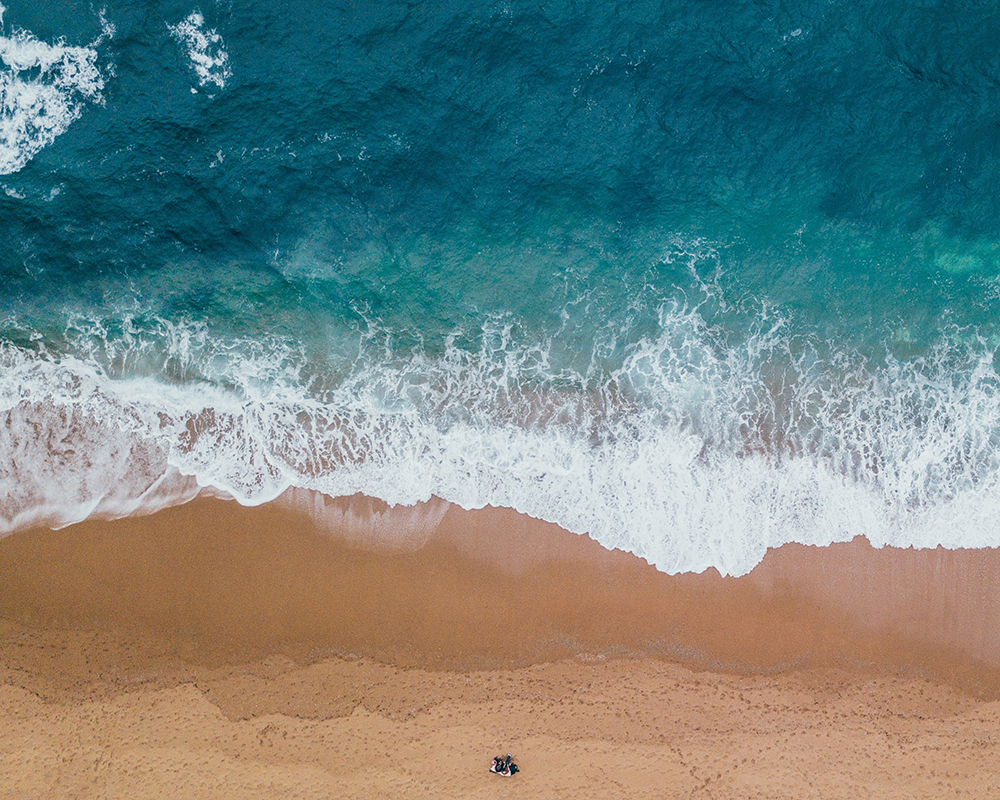People who refuse to download the COVIDSafe virus tracing app are the new anti-vaxxers
If there was any doubt those refusing to download the COVIDSafe app are the new anti-vaxxers just listen to their language.
It’s all “I, I, I and me, me, me.”
“I have trust issues with the government,” writes one objector.
“I won’t be coerced into downloading it,” says another.
“I’ll wait until there are reports on battery life impact, thanks,” offers a third, who clearly rates his phone’s battery life over his real life.
Not since the anti-vaccination brigade invoked erroneous science to justify their choice not to immunise have we seen such grandstanding and self-serving nonsense.
RELATED: Read the latest coronavirus news here
RELATED: Key to restrictions ending sooner
Just as the anti-vaxxers compromise public health with their dangerous messaging, so the anti-appers are refusing to download the government’s COVIDSafe tracing app, preventing the sufficient uptake required to make it a success.
For decades now the anti-vaxxers have hysterically claimed that vaccines increase the risk of autism even though the 1997 study linking the two was completely discredited and the surgeon who published the work lost his medical licence.
Yet still they refuse to vaccinate even though the efficacy of immunisation relies on widespread community uptake.
Selfishly, they regard the “me” as more important than the “we”, though fortunately the government has the power to stop their family tax benefit payments if they fail to meet immunisation requirements.
Now anti-appers are hindering public health with their fearmongering claim that their privacy is at risk. Like delusional conspiracy theorists, they appear to believe that the government’s COVIDSafe app is some Big Brother-style super surveillance system.
RELATED: Shut up and download the virus app
Clearly many have spent lockdown watching re-runs of The X Files or reading John le Carre novels if they believe the government wants to spy on their mundane, prosaic, boring suburban lives. And let’s be clear, this is a TRACING not a TRACKING app.
As such, you only authorise use of the information it collects if you are diagnosed with COVID-19. It’s harmless for the user but hugely beneficial in our fight against the virus.
Using Bluetooth, the app recognises other devices with the app installed and effectively makes a “digital handshake” that record the date and time, distance and duration of the contact. Locations are not tracked and no metadata is stored.
As the Prime Minister has indicated, it’s our “ticket” out of lockdown because it’s a faster, more effective and more accurate method to help with tracing those who may have come in contact with someone carrying the virus.
Yet only 4.75 million people have downloaded the app, citing multiple arguments for their unwillingness not to do the right thing by the community.
“We beat the curve without an app,” argues one objector.
No, we have not “beaten” the curve, we have “flattened” it. To continue to save lives, reduce restrictions and get the economy back on its feet the government needs us to take up this technological tool as a protective measure.
“Our privacy is at risk,” is another argument.
No, it’s not says Rachael Falk, the chief executive of the Cyber Security Co-operative Research Centre. Together with Data61, her agency led an independent review of the app before its release with a team of 17 cyber experts from across the country. As she said, they collaborated “to test it, analyse it and poke holes in it”. Their conclusion was that the app was secure and operated as described by government. As she wrote in The Australian, “while the government does not always get all things digital right”, this is “no slippery slope we are heading down, nor are we under the thumb of an autocratic government”.
Argues another: “I am not downloading the app because I don’t trust the government not to misuse the data at some time in the future.”
The attorney general, Christian Porter, has sought to allay privacy concerns about the app by releasing draft legislation. Collection, use or disclosure of information collected by the app – except by public health authorities – would be punishable by up to five years in prison and a $63,000 fine. The draft legislation reproduces biosecurity orders designed to protect early users of the app. The Prime Minister has said federal agencies including Centrelink and Home Affairs will have no access to the data, nor will the police or courts. Once the pandemic is over, all stored information will be deleted.
Some say they won’t download the app until the source code is released but as Falk points out, a “level of haste” was applied to the app’s development and release. The government is checking that the release of the source code will not pose a security risk. “The fact the federal government is releasing some of the source code should serve as reassurance and illustrates how open the approach to implementing this app has been,” she says.
Finally, some refuse to download the app simply because they blame everyone else for coronavirus. The government “compromised Australia by leaving the boarders (sic) open” says one. “The Chinese government knew the virus was transmitted human to human yet allowed there (sic) citizens to travel overseas …” says another. One objector says he won’t be downloading the app until Peter Dutton is gone “for forgetting about the property he owns”. Another says Australia doesn’t “inspire loyalty” so “in the absence of other options I choose passive resistance”.
They sound as ignorant as the anti-vaxxers whose selfish choices have led to babies dying of whooping cough. You can only hope more of us see sense.
Angela Mollard is a freelance writer

